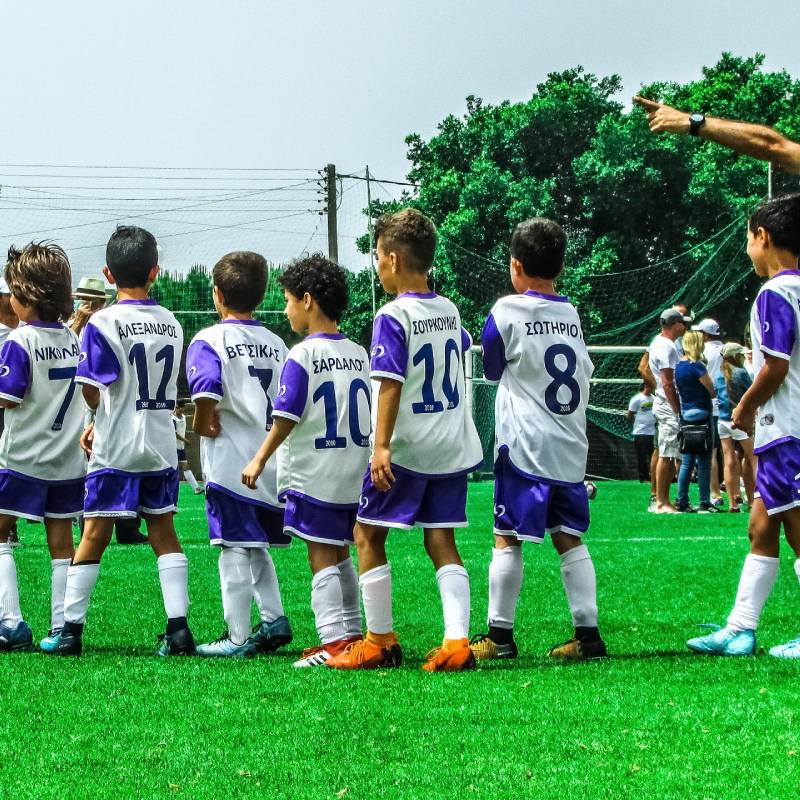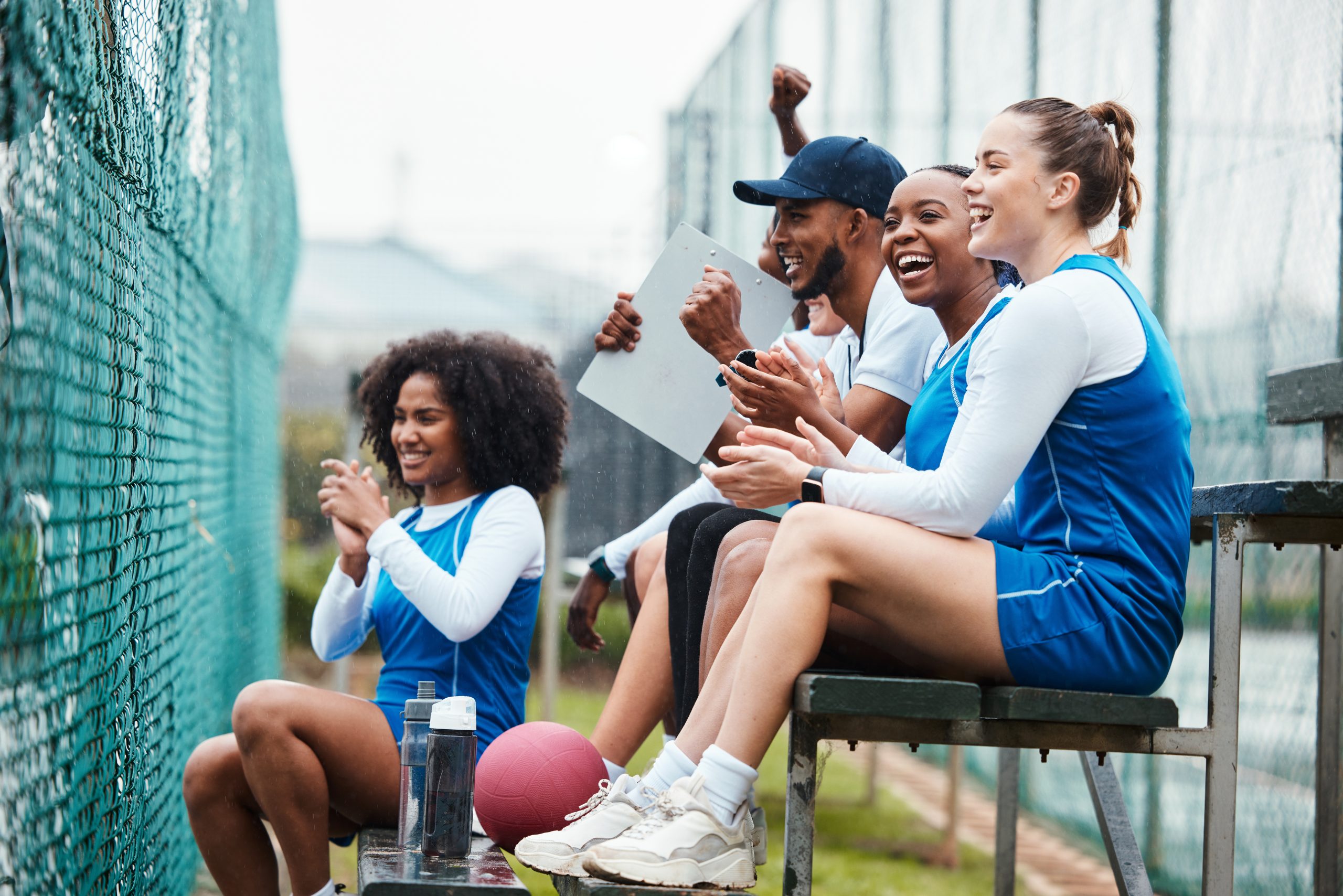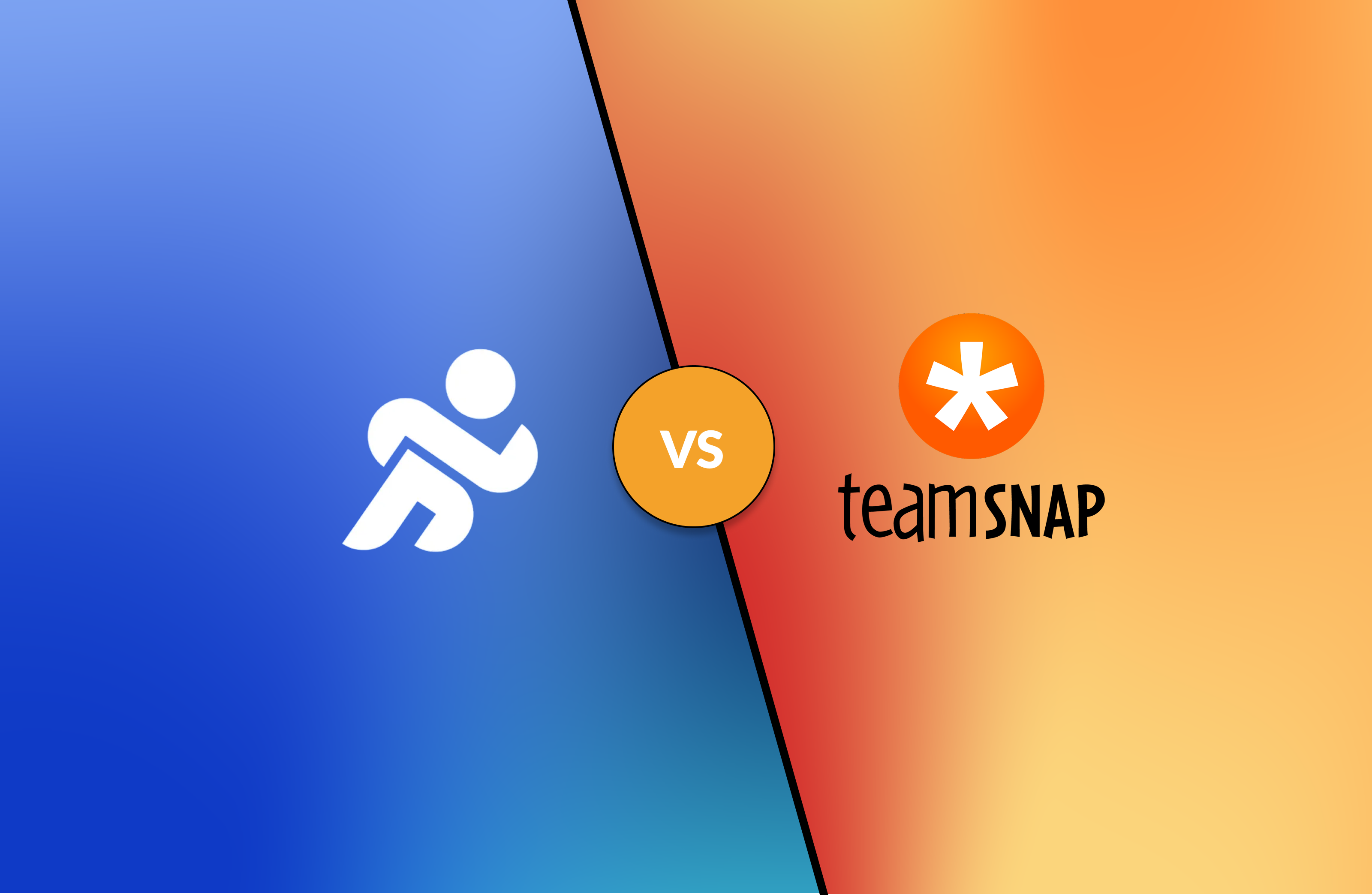The importance of framing communications in a sports context

Sport plays a key role in the lives of athletes. From physical health to mental health, from socialization to self-confidence, sport plays a crucial role in helping athletes achieve a healthy and optimal balance. Athletes have access to many trusted resources to practice their sport. Among the most important are coaches. It has been proven that coaches can have a significant influence on young athletes. In most cases, coaches have a positive impact on players. On the other hand, we know today that many coaches are denounced for abusing athletes. Some of them take advantage of their position of authority and put players in vulnerable situations.
Violence committed by a person in a position of authority can take different forms:
– Physical (hitting, shaking, pushing)
– Psychological (ridicule, humiliate)
– Sexual (harass, abuse)
According to the Institut national de santé publique du Québec, between 2% and 8% of athletes are victims of sexual assault in sport. In an analysis of 159 cases of sexual assault in sport, the aggressors were coaches, teachers or instructors in 98% of cases.
In recent years, we’ve been hearing more and more about athletes being sexually assaulted by their coaches. In an investigation conducted by CBC News and CBC Sports, to which Radio-Canada Sports contributed, it was discovered that over the past 20 years (1998-2018), 340 amateur sport coaches in Canada have been charged with a sexual offence.
Knowing this, how can a sports association or school reduce the risk of this type of incident occurring? One simple and effective way is to supervise communications between coaches and players.
Communication tools
Coaches need to communicate regularly with their athletes. The selection of communication tools within a team is often determined by the coach.
E-mails and social networks
Many coaches choose to use e-mail to communicate with their athletes and parents. However, as you’ve probably noticed, e-mail is being used less and less by young people. Information doesn’t always arrive on time, and this can become problematic if it’s an urgent message.
That’s why some coaches are turning to social networks, since this tool is part of young people’s daily lives. However, care must be taken when using social media.
The problems of Facebook Messenger
The main problem with Facebook communications is that coaches can gain access to athletes’ private lives. Since privacy is put forward on this tool, it becomes a breeding ground for abuse, which becomes dangerous for athletes.
The consequences observed in athletes who are victims of coach abuse can range from demotivation and loss of confidence to complete abandonment of the sport.
It’s not just the coach who is at risk. In private conversations where no adult has a say in the conversation, athletes can suffer bullying, harassment or racism.
The INSPQ has released statistics showing that violence in sport is a worrying problem in Quebec. A study of 1,055 young athletes aged 14 to 17 revealed that 79.2% had experienced at least one form of psychological violence during their sporting career. In addition, 39.9% were victims of at least one form of physical abuse, 35.7% of neglect and 28.2% of sexual abuse.
Solutions
To avoid your establishment’s name being named for the wrong reasons in the media, here are a few tips to protect athletes and prevent disasters.
Establish a clear communications policy
Put in place a policy explaining to coaches the best way to communicate with young athletes. This policy should also include :
– A code of conduct that explains appropriate and inappropriate behavior between coaches and athletes.
– Procedures to be given to parents and players explaining what to do in the event of inappropriate conduct by a coach.
You can also explain that the Rule of Two developed by the Coaching Association of Canada must be respected at all times. The Rule of Two is designed to ensure that all interactions and communications take place in an open and observable environment, and are justifiable. It aims to protect participants (particularly minors) and coaches in situations of potential vulnerability by requiring the presence of more than one adult.
The aim of this policy is to eliminate individual e-mail messages and ensure that all communications are sent within a group of athletes or include parents. For example, you may want to allow exchanges via a Facebook page, not Facebook Messenger.
Equipping trainers
Enable coaches to take training courses to help them become aware of important issues and to deepen their knowledge. You can introduce them to best practices in communication between a young athlete and a coach.
If you want your teams to use Facebook as a means of communication, the safest way is for the sports manager to create the group and send an invitation to the coaches and students, to avoid the coach personally adding the players.
Use a secure communication platform
The safest option is to offer coaches a platform strictly designed to facilitate sports team management. By providing coaches with an application that enables them to communicate effectively and securely with players, you keep a watchful eye on discussions between coaches and players to ensure that they are healthy.
MonClubSportif is a sports organization management software that allows you to oversee team communications to prevent them from encroaching on privacy. You’ll be able to track inappropriate exchanges or those that run counter to your establishment’s communications policy.
Karl Demers



